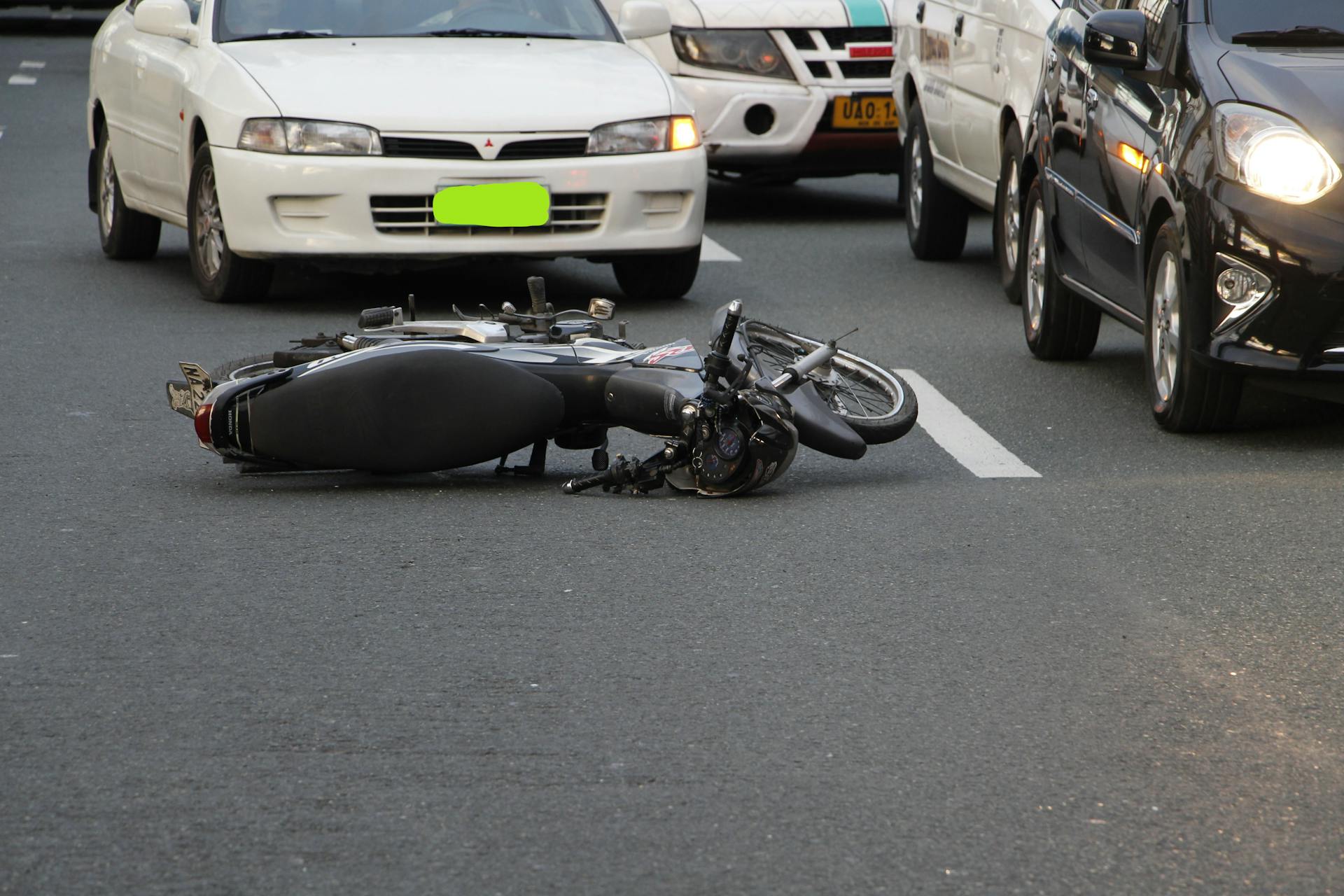
Date Posted:
October 9, 2020
Post Author
Andres Beregovich
Categories
Venous stenting has emerged as a popular treatment for narrow or blocked veins and arteries or conditions like May-Thurner Syndrome. During this procedure, a vascular surgeon places a tiny metal stent in the troubled vein, which then expands to hold the vein open to allow adequate blood flow. This type of endovascular surgery is being used more and more frequently in place of open surgery since the side effects and recovery are usually minor in comparison to open surgery.
However, like most medical procedures, venous stenting doesn’t come without risk. There is a chance of problems occurring before, during, or after the surgery.
Conditions That Benefit From Venous Stenting
In many cases, a patient is referred to a vascular surgeon if they have been experiencing blood flow problems in their legs and extremities. Venous stents can be used in the legs, chest, or abdomen to treat conditions that inhibit blood flow or those that cause chronic blood clots. Examples include: Deep Vein Thrombosis (DVT), Post-Thrombotic Syndrome, May-Thurner Syndrome, Nutcracker syndrome, and Hemodialysis/Arteriovenous fistulae.
Situations That Could Lead to Venous Stenting Medical Malpractice
Problems with a venous stenting procedure can arise well before the date of surgery. Some of the most common situations that lead to medical malpractice cases involve:
- Diagnostic errors. This occurs when a patient is told they need venous stenting but don’t or if they are told they can undergo an endovascular procedure but really should have had an open procedure.
- Surgery complications. These are more common with open surgery than endovascular procedures, but patients should always be on the lookout for post-surgical complications.
- Negligence during surgery. Examples include negligence during surgery, including improper placement or inadequate surgical preparation or recovery care. Surgeons may also be found negligent if they place the wrong size stent during the procedure; stents that are too small may not improve the condition at all, while stents that are too large may put excess pressure on the vein and cause lasting damage.
Medical negligence in these types of surgeries is incredibly severe and can be life-threatening, given the fact that surgery is being done on the vascular system. Patients who have undergone unnecessary stent procedures face ongoing medical costs and, depending on their age at the time of the surgery, may have to have the stent replaced at some point in the future. Others suffer from chronic leg pain, stent migration, or altered sensation in their legs or extremities.
In any one of these situations, a medical malpractice attorney must measure the care received against an established standard of care to determine how the care received was lacking. Once this investigation has been conducted, it will become clear whether a medical malpractice or medical negligence case exists and how to proceed.
Do You Have a Venous Stent Injury or Suspect Medical Malpractice? The Beregovich Law Firm Can Help
Florida medical malpractice attorney, Andres Beregovich, has a long history of fighting for patient rights. If you are suffering lingering pain or dysfunction after a venous stent surgery or suspect your surgery was unnecessary, contact The Beregovich Law Firm.
We offer free consultations at our offices in Orlando and Miami so you can receive an objective review of your case before taking action. Call (800) 631-9009 or contact us online to schedule your free consultation.






